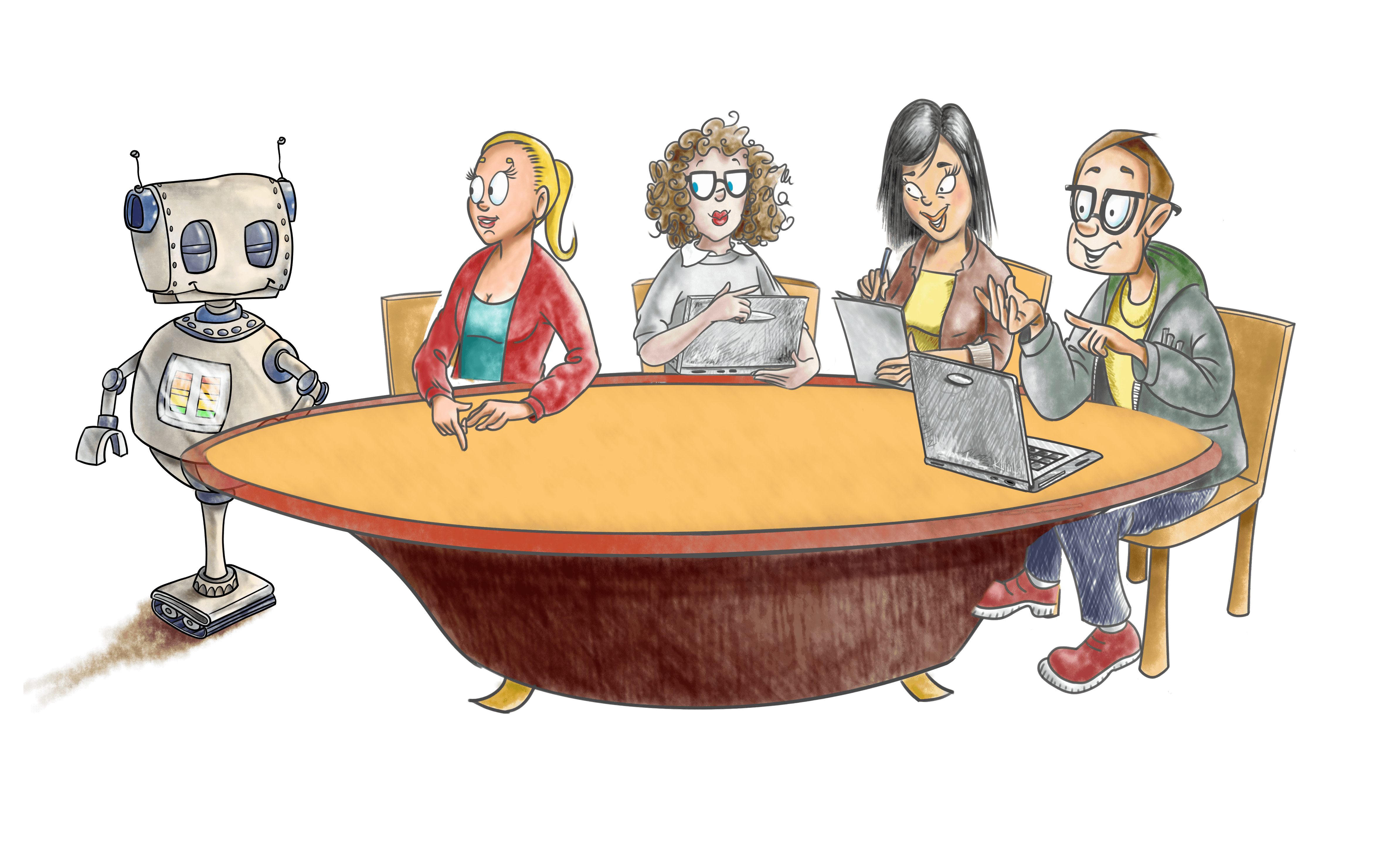
Make it Work is a five-part podcast series where @Karen Kirton, founder of Amplify HR, and Lachy, co-founder of Yarno, look at the modern workplace to find out what's working, what's not, and how the future of work is being shaped, today.
In the second episode of Make it Work, Karen and Lachy pick up where they left off, discussing how workplace culture reflects the leadership style of the business owner or founder. Going further, they discuss whether going back to an office, staying remote or going hybrid reflects on leadership decision making.
They also explore where leadership can influence decision-making around working remotely or in-office, including personal preferences, company culture, the industry and the product or service offered.
COVID-19 was the catalyst for this discussion, but this debate was alive well before 2020. Yahoo! ordered an end to remote work in 2013 to improve communication and collaboration, which they believed was more fruitful in person. IBM made a similar decision in 2017 for similar reasons, even after being one of the first companies to embrace remote work as early as the 1980s.
So, how can a leader ensure they’re making the right decision? Karen and Lachy get to the bottom of it, and so can you.
Show Notes
02:10 Amazon culture and move to office centric {reference 1a,b}
03:00 If you are an extroverted leader would you prefer an office environment
04:36 A business is more than a leader
05:35 What if all of the staff have a different preference to the leader in terms of where they want to work
06:50 What happens if leader sells the business or resigns with the workplace
07:36 Yahoo in 2013 ordered an end to remote work to improve communication and collaboration {reference 2}
09:00 How can businesses say they can work remotely forever (e.g. Twitter) {reference 3}
10:30 Have headlines made businesses feel judged for working from the office full time again
11:50 Office working may appeal more for professional services, creative workers and those earlier in their career
14:11 The last 12 months is not a good example of what remote work can be as many businesses were forced into it
16:00 Using the situational leadership model, are the Directors more likely to return to the office?
17:45 Investment banks. JPMorgan returns to the office as the CEO is concerned about the impacts to culture {reference 4a, 4b}
18:44 Going in to remote work puts a lot more work, and intention on the leaders of the organisation to build a positive culture
19:20 What a remote leader needs to effectively lead people
21:40 Your HR Manager doesn’t manage your people for you
24:00 Are organisations pointing to culture when it is actually that leaders haven’t been invested in over time
25:25 How does a command-and-control type of leader bring in a new person in a remote environment
26:00 Mindset is essential to remote leaders
26:45 What happens when you have some workers in an office that start working remotely and others work in the field
27:40 Our Industrial Relations system doesn’t cope well with the idea of remote work
30:45 Every business has an “us and them” so do you exacerbate that with the perceived privilege of some workers being at home
32:00 Using tracking or productivity software as businesses forced into remote work
35:30 Praising workers for doing extra hours– what message does that give to the team
36:50 Will people start to vote with their feet as they want to keep working remotely
38:00 Change programs when people left the office to work from home in 2020, is that support happening when people are directed to return to the office?
39:30 It is a candidate market across lots of different industries
41:15 Do candidates prefer applying for roles knowing it is a fully remote workplace?
43:25 Principles of a focus on trust, communication and communicating with context which contribute to a healthy culture
44:00 Your way of working should be part of your business strategy
47:45 Article: New agile forms of leadership {reference 5}
51:40 Humans haven’t really changed for thousands of years, but what has changed is our environment
54:30 Article: Creating psychological safety when not in physical proximity {reference 6}
56:30 Is it harder to innovate remotely?
57:00 Remote workers need higher levels of writing skills as they have mostly asynchronous communication
58:00 How do you hire “self-starters” that can suit a remote environment?
1:03:00 What happens when the manager style is completely different to their team members? How do they work effectively remotely?
1:05:00 Importance of setting expectations of how as a team we work together remotely
1:06:20 Remote work needs a lot of planning and deliberation
1:07:58 Lachy describes his leadership style (as awesome!)
1:10:15 How do you advise a business leader who wants to be in the office, but the team members don’t want to be
1:12:50 Don’t do anything in business that you wouldn’t want to see on the front page of the paper (the newspaper test) {reference 7}
References
1a https://www.cbsnews.com/news/amazon-return-to-office-covid-19-pandemic/
1b https://www.smh.com.au/technology/inside-amazons-brutal-corporate-culture-20150816-gizyp0.html
2 https://money.cnn.com/2013/02/25/technology/yahoo-work-from-home/index.html
3 https://www.cnn.com/2020/05/12/tech/twitter-work-from-home-forever/index.html
6 https://whenihavetime.com/2020/07/09/10-leadership-lessons-from-10-years-working-remotely/

























